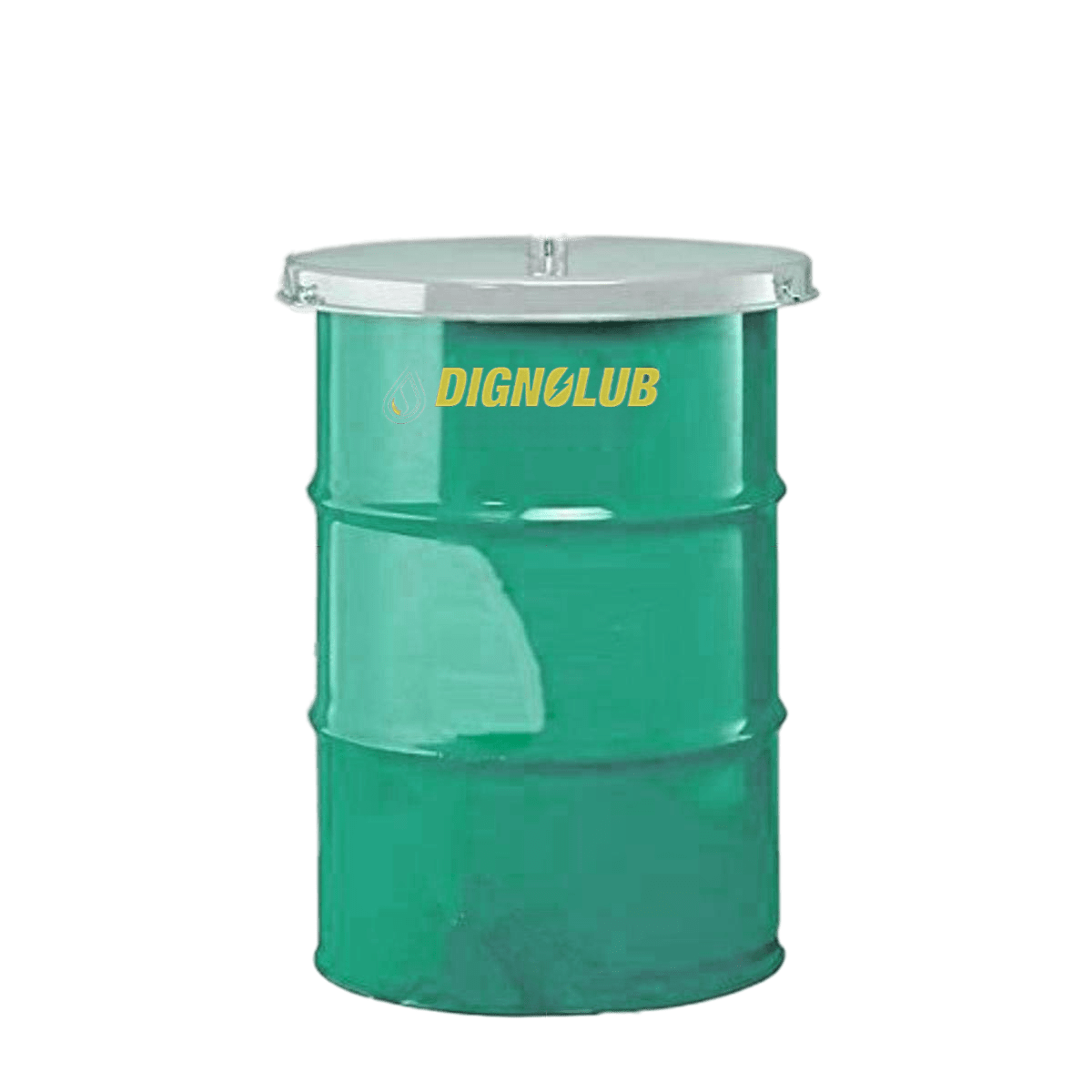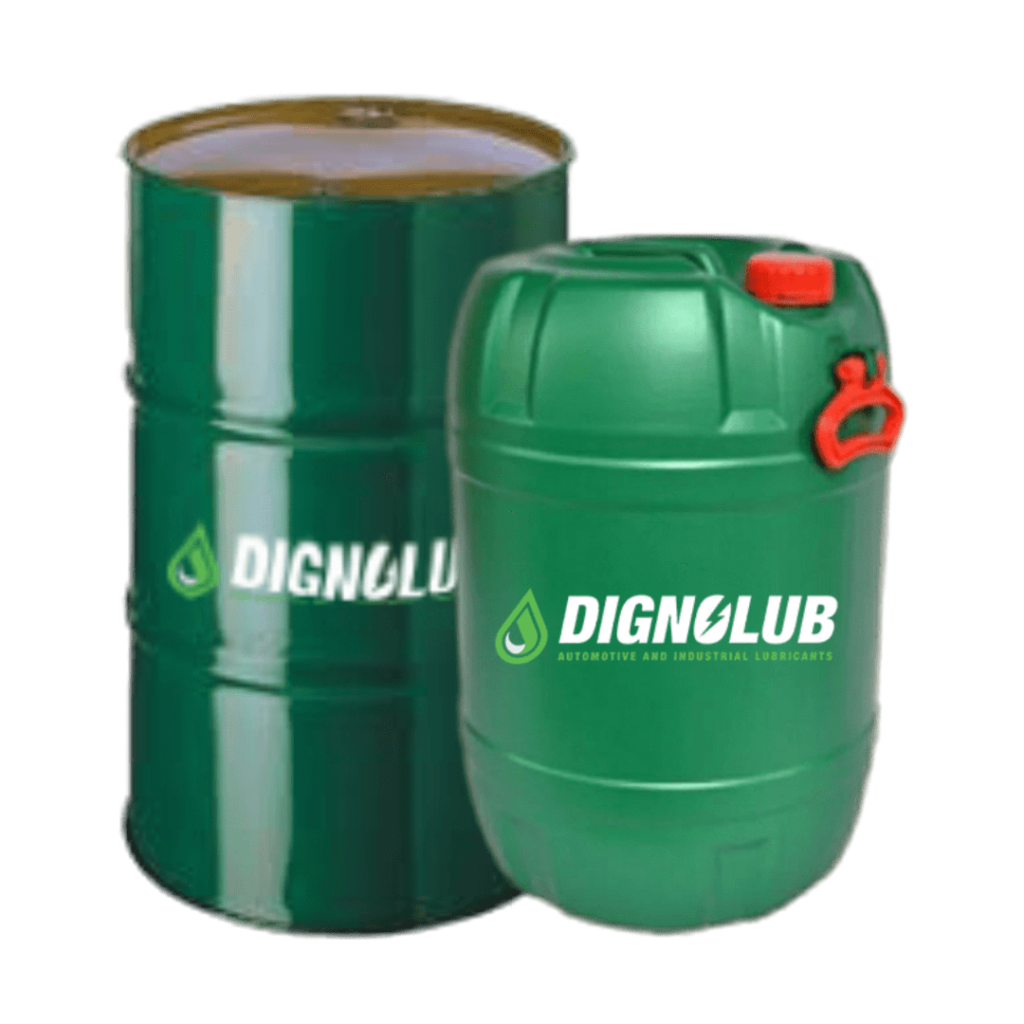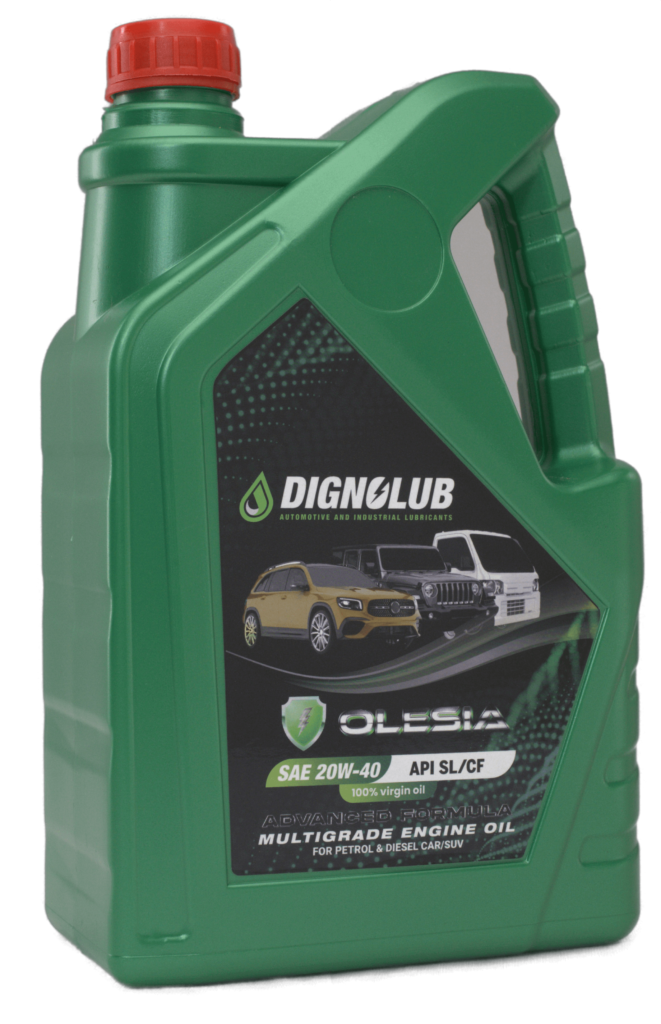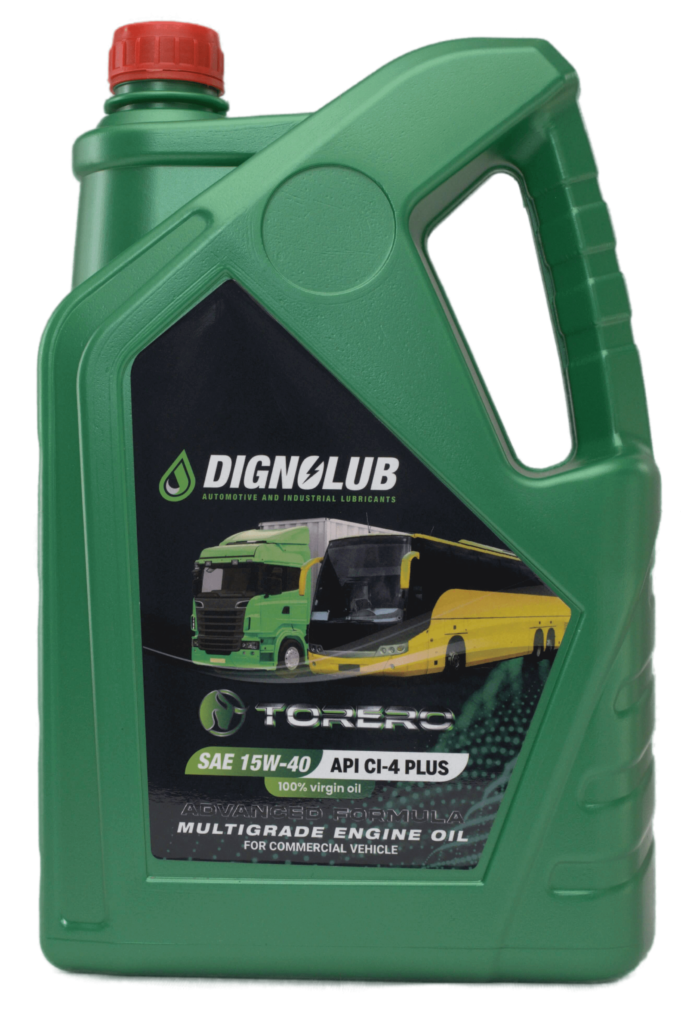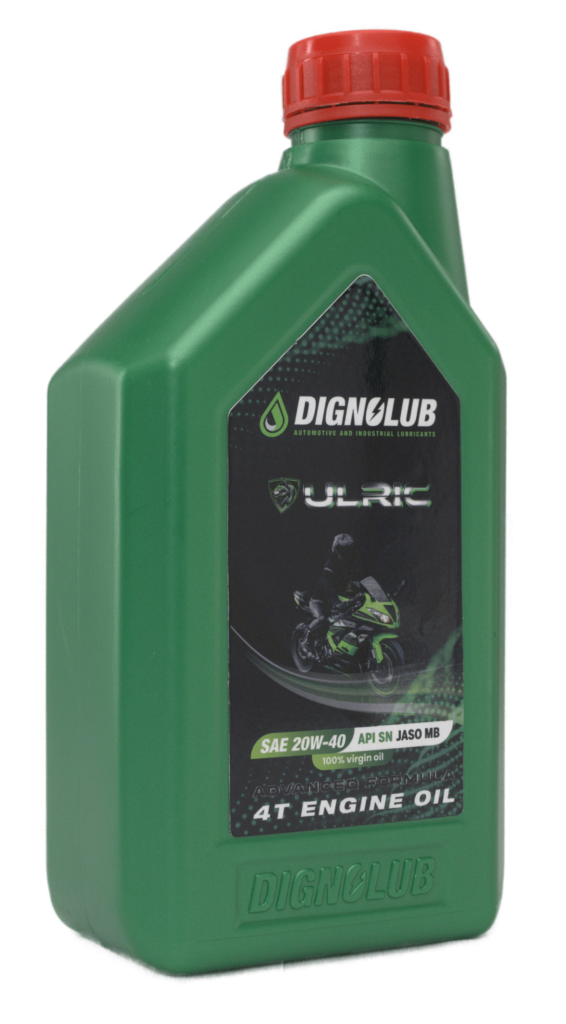Dignolub Greases come in MP (Multipurpose) and EP (Extreme Pressure) categories :
- DIGNOLUB Grease MP2
- DIGNOLUB Grease MP3
- DIGNOLUB Grease EP2
- DIGNOLUB Grease EP3
The numbers 2 and 3 indicate the NLGI (National Lubricating Grease Institute) consistency number or NLGI grade. It expresses a measure of the relative hardness of grease used for lubrication. The higher the NLGI number, the firmer/thicker the grease.
MP-2: Multipurpose Greases are meant for use in all anti-friction and plain bearings subjected to high shock load and vibration conditions. They are used extensively for applications throughout the industry and the automotive sector. It reduces friction and wear in high-speed, high-temperature components like wheel bearings and electric motors.
MP-3: It is a high-quality, multipurpose, lithium grease formulated to provide added protection against rusting and water washout in general-purpose automotive applications at moderate temperatures and loads.
EP-2: Extreme pressure grease is recommended for the lubrication of U-joints, tripod CV joints, drive shafts, and release bearings in clutches and brakes with high-temperature conditions. It is also suitable for machinery in construction, dredging, forestry, marine, and mining where this type of grease is required.
EP-3: This extreme-pressure grease is recommended for applications where maximum protection against the penetration of water or solid contaminants is required. It reduces wear, thanks to its very good resistance to high pressure and temperature. This grease can be used in both industrial and automotive applications. It ensures the lubrication of components, working under very heavy or shock loads, like bearings, slide-bearings, axles, and joints. it can be used for the lubrication of electromotors or ventilators.
Properties of Greases :
- Lubrication: Provide lubrication by reducing friction between moving parts.
- Load-bearing capacity: Grease helps distribute and support heavy loads in applications such as bearings, gears, and sliding surfaces
- Sealing and protection: Grease can act as a sealant, filling gaps and preventing the entry of contaminants such as dust, dirt, and moisture, thus providing protection from corrosion.
- Temperature resistance: Grease is formulated to withstand high temperatures and extreme environments and maintain lubricating properties.
- Noise reduction: Grease can help dampen vibrations and reduce noise generated by moving parts, promoting quieter operation in machinery and equipment.
- Water resistance: Certain types of grease are designed to repel water and provide effective lubrication in wet or submerged conditions. They resist washout and maintain their lubricating properties, even in the presence of water or other liquids.
- Anti-wear properties: Grease formulations often contain additives that offer anti-wear properties, protecting surfaces from excessive friction and extending the life of components.
- Compatibility: Grease can be formulated to be compatible with various materials, such as metals, plastics, and elastomers. This ensures that the grease does not degrade or damage the components it comes into contact with.

